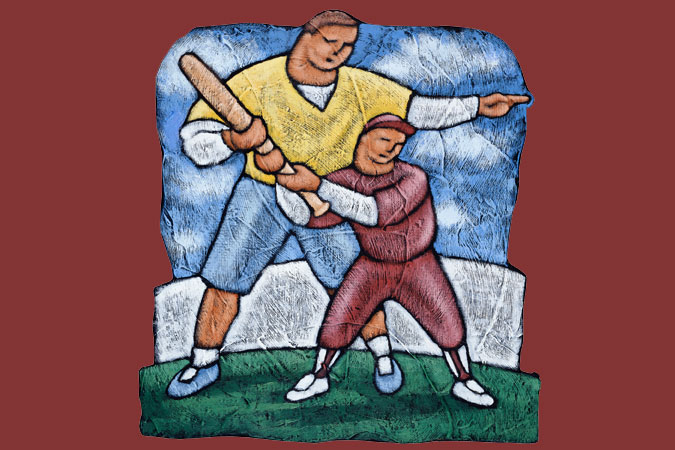
It’s no coincidence that some of the best coaches and managers in sports are former players themselves. They understand what it’s like to be on the court, field, or ice. In fact, some of the best coaches and managers are those who themselves struggled during their playing years. As a result of their struggles, they studied the game more intensively, seeking to learn every nuance that might assist them since their own pure talent was marginal.
I see men and women coaching all the time as I take my laps walking or running around Beverly Park on the far south side of Chicago. They mentor kids in the skills of baseball, football, lacrosse, soccer, tennis, and other sports. I especially notice how the coaches share their own insights, skills, strategies, and approaches: “Try it this way,” or, “This always worked for me…”
I firmly believe that when it comes to prayer, people need coaches! Prayer is not some sterile, technical, mechanical skill that can mastered by reading a pamphlet or watching an instructional video. Teaching prayer requires a human touch. Catechists are called upon to coach others in prayer, which involves much more than just helping kids memorize words. As a prayer coach, you can (and should) share with those you teach your own experiences, insights, and approaches to prayer: what works for you, how you cope with difficulties in praying, what time(s) work best for you, and so on. Anyone can learn the exterior realities of prayer: the words to use, the postures to select from, how to finger the prayer beads of a rosary, and so on. However, only a human being can share with others the interior reality of prayer: thoughts, desires, emotions, fears, and hopes.
Prayer is not a science. It is the venturing into mystery—a venture that requires a guide.
Who coached you in the life of prayer? Who have you coached?
Finding God: Our Response to God’s Gifts helps catechists in coaching children to pray and instills prayer as a lifelong practice.





Be the first to comment